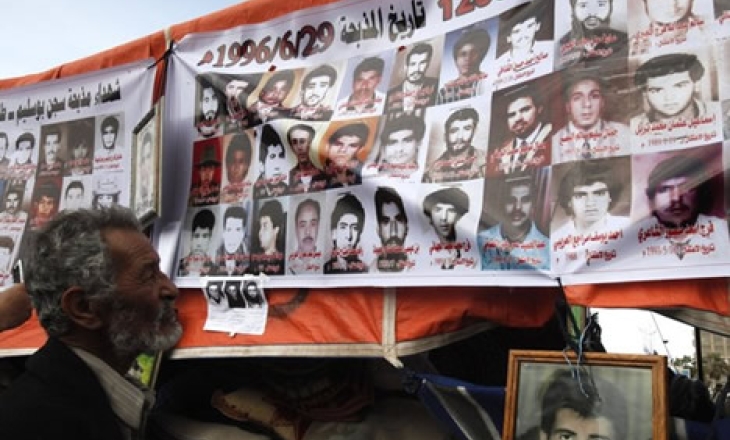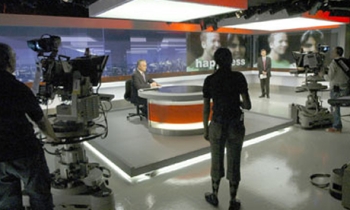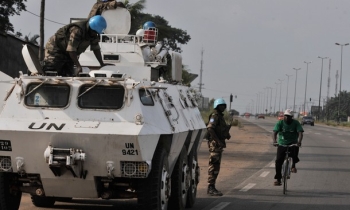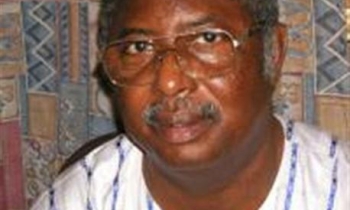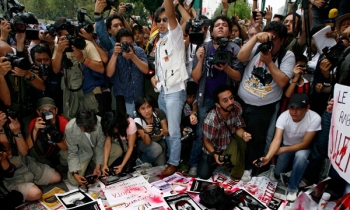The Libyan authorities have imposed a news blackout on what is going in the country. It was already very difficult to interview people on the spot before the government began to trying to crush the uprising. It is now virtually impossible for a journalist to work. The few foreign correspondents who were already in Libya before the crisis are kept under extremely close surveillance and have to restrict their movements.
Many foreign journalists are trying to get to Libya, some of them across the land border with Tunisia. Ben Wedeman, a CNN journalist managed to enter the country Tuesday morning across the Egyptian border. Some Egyptian journalists also managed to enter from Egypt on the evening of February 21.
The pan-Arab satellite TV station Al-Jazeera has accused the Libyan intelligence services of jamming its signal in Libya since February 20. Its website is also inaccessible throughout the country. The Lebanese TV stations National Broadcasting Network, Al-Jadeed and Al-Manar have also said they are being jammed.
Paris-based press freedom group Reporters sans Frontières (RSF) said it has been unable to obtain any information as to the whereabouts of Atef El-Atrash, a journalist with the newspaper Quryna, since February 18, a day after he spoke on Al-Jazeera about the demonstrations in Benghazi.
According to network security companies Arbor Networks and Renesys, the Internet has been cut several times since February 18. Traffic has been partially restored but continues to experience a great deal of disruption. RSF was also told that all telephone services, both fixed and mobile, have been cut since February 21.
The official media have been targeted by anti-government protesters. Demonstrators in Tripoli ransacked the premises of the Al-Jamahiriya 2 TV station and Al-Shababia public radio station on February 20. Al-Jamahiriya 2 did not broadcast that evening but resumed the next day. According to Foreign Policy, demonstrators took over a public radio station in Benghazi and appealed on the air to international media to cover the repression being orchestrated by “the criminal Gaddafi.”
In their public statements, Libyan leader Muammar Gaddafi and his son Seif Al-Islam have openly blamed foreigners for the chaos. “Do not believe these dogs, these TV stations,” Gaddafi said on February 21.

